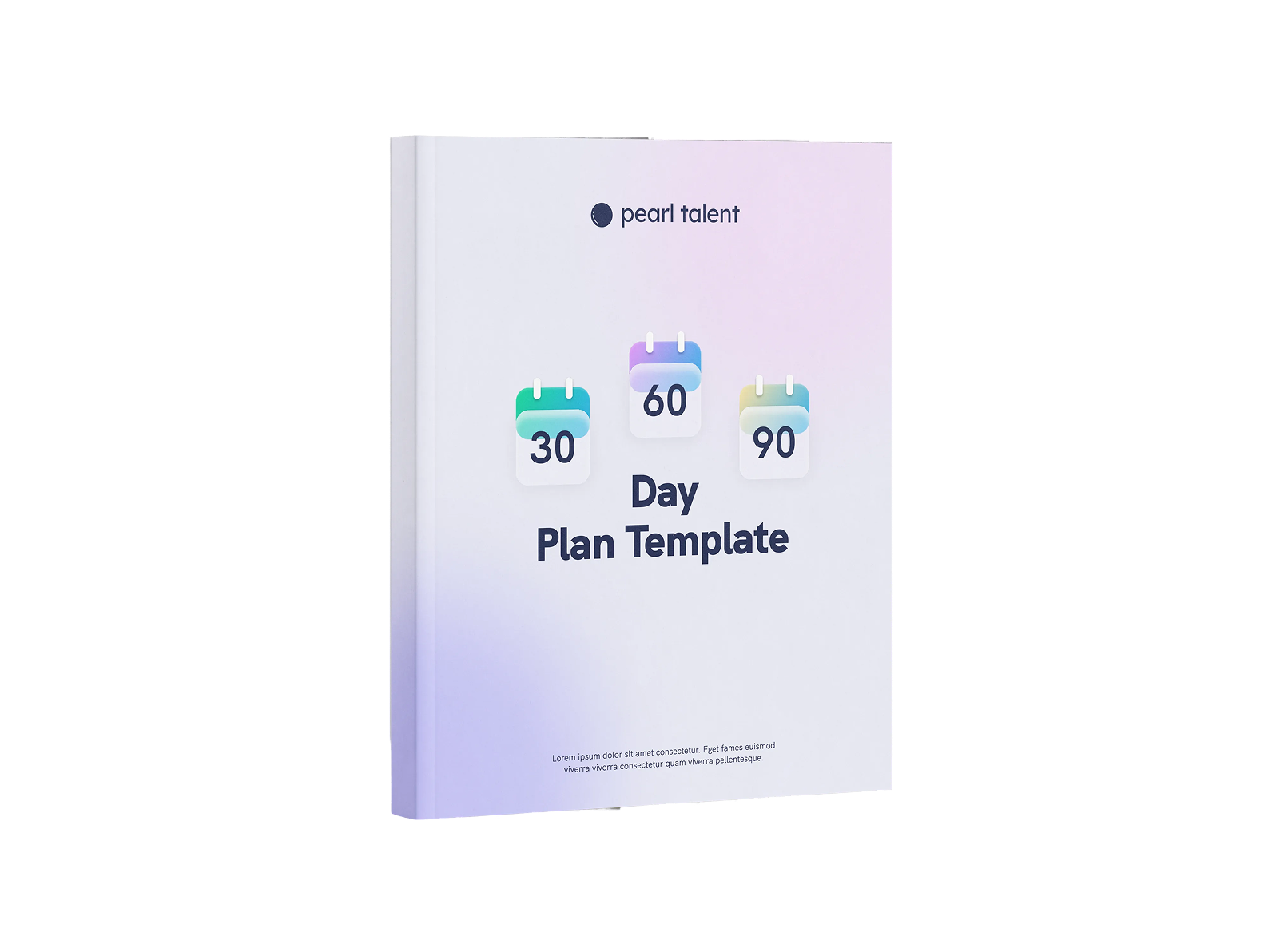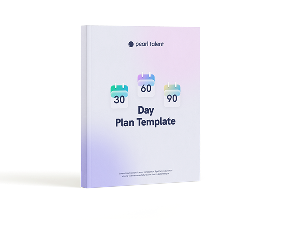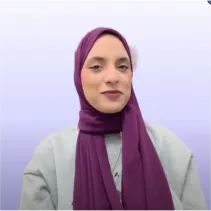Catena is now Pearl Talent! Same mission, new name.
Becoming an executive assistant to a high-impact individual has long been a highly coveted role, and in 2025, it ranks #3 in Highest-Paying Jobs Without a Degree.
The role of the executive assistant is evolving faster than ever. Shifting workplace dynamics, AI automation, and hybrid work models have turned this position into a strategic advantage for businesses that know how to hire the right executive assistant.
A skilled executive assistant doesn’t just manage schedules - they anticipate needs, streamline operations, and help leaders scale their impact.
With that said, the executive assistant role isn’t for everyone. Finding the right candidate requires asking targeted questions tailored to your business needs. At Pearl Talent, we specialize in connecting businesses with exceptional executive support professionals who can seamlessly integrate into your team at a fraction of the cost of a typical full-time U.S.-based hire.
This comprehensive guide provides a curated list of executive assistant interview questions designed to help you crush your next interview and ensure your new hire meets the exact needs of your business.
What is an Executive Assistant?
At the surface, an Executive Assistant (EA) is an administrative helper. They deal with maintaining organized schedules, clean inboxes, and efficient workflows for company executives. But when used strategically, an executive assistant role becomes far more than that. They’re a strategic partner who ensures senior leaders can operate at their highest level of productivity. Today’s EAs act as extensions of the executives they support, managing communications, anticipating needs, and often participating in project coordination and decision-making. They bridge operational gaps by streamlining workflows, scheduling priorities, and maintaining alignment between departments.
Modern EAs are increasingly expected to leverage digital tools, manage remote teams, and handle digitized confidential information with precision. Key responsibilities of an executive assistant include calendar and inbox management, meeting preparation, and coordinating cross-functional projects that keep operations running smoothly. They often take ownership of travel logistics, event planning, and executive reporting, ensuring that no detail slips through the cracks. Beyond task execution, top-performing EAs serve as trusted gatekeepers, prioritizing information flow and safeguarding executive time.
In fast-paced organizations, they may also assist with budget tracking, vendor management, and internal communications, helping leadership teams stay proactive rather than reactive. This blend of administrative precision and strategic insight is what sets exceptional executive assistants apart, transforming them from simple task managers into indispensable partners driving business continuity and growth.
Common Executive Assistant Interview Questions and Answering Tips
Experiential
These experiential questions focus on a candidate’s past professional experiences to assess how they have handled real-world situations and how effectively their resume reflects their skills. This is the stage where you can gauge the depth of their experience with previous employers, the types of tasks they have managed, and how well they can translate their past responsibilities into actionable insights. It also provides insight into how they discuss previous employers, demonstrating their storytelling ability, critical thinking, and professional judgment. These questions reveal how an EA manages multiple priorities, maintains confidentiality, improves processes, and anticipates the needs of executives. Candidates who provide concrete examples of success and learning experiences demonstrate practical skills, reliability, and the ability to perform effectively in high-pressure environments.
- Tell me about your last executive assistant or admin role. What did you enjoy, and what challenges did you face?
- Tell me about a time you managed multiple priorities under pressure.
- Describe a situation where you had to handle confidential information.
- Give an example of how you improved a process in your last role.
- Tell me about a time you had to anticipate your executive’s needs.
- Tell me about a time you had to adjust quickly to unexpected changes.
Interviewee Tips: Answer with specific examples, quantify results when possible, and highlight how your actions positively impacted the executive or organization. Use the STAR method (Situation, Task, Action, Result) to structure your responses clearly. Avoid speaking negatively about previous employers; even if a past situation was challenging, focus on the lessons learned and how it helped you grow professionally.
Hypothetical
Hypothetical questions assess a candidate’s problem-solving, decision-making, and adaptability in situations they may encounter on the job. These scenarios reveal how an EA would prioritize tasks, handle conflicts, manage last-minute changes, or respond under pressure. Strong candidates demonstrate foresight, structured thinking, and the ability to provide solutions while keeping stakeholders informed.
- Your executive is double-booked for two critical meetings. How would you handle it?
- A last-minute meeting is scheduled while your executive’s calendar is full. What’s your approach?
- A file needed for an important presentation can’t be found. How do you handle it?
- Your executive asks you to prepare a report, but the data is incomplete. What’s your approach?
- If your executive’s travel plans changed at the last minute, how would you handle it?
- How would you decide which tasks to tackle first when faced with multiple urgent requests?
Interviewee Tips: Answer with a step-by-step approach, explain your reasoning, and show that you can anticipate challenges. Emphasize communication, judgment, and proactive planning in your answers.
Technical
Technical questions evaluate a candidate’s proficiency with tools, systems, and processes required for day-to-day EA responsibilities. This includes software, calendar and travel management, digital file organization, and project coordination. Candidates who can articulate their technical skills clearly and give examples of efficient workflows indicate readiness to support executives effectively.
- What computer tools are you most comfortable using?
- How do you typically manage budgets or expense reports?
- How do you manage calendar conflicts?
- Describe how you make travel arrangements.
- Describe your process for organizing digital files.
- How do you ensure smooth communication across time zones?
- Can you walk me through how you prepare for a high-level meeting?
- What’s your experience with project management tools?
Interviewee Tips: Answer with concrete examples of tools you’ve used, describe processes that improve efficiency, and mention any advanced skills or shortcuts that showcase your expertise. Highlight adaptability to learn new technologies quickly.
Company Culture
Company culture questions uncover how a candidate aligns with team dynamics, workplace values, and organizational expectations. These inquiries explore professionalism, teamwork, communication style, and how an EA contributes positively to the company environment. Strong responses reflect emotional intelligence, collaboration, and respect for diverse working styles.
- How do you handle working with different personalities across teams?
- What does professionalism mean to you in an EA role?
- What do you value most in a workplace culture?
- Why are you interested in working for our company?
Interviewee Tips: Answer with examples of past interactions that demonstrate cultural fit, teamwork, and professionalism. Show awareness of your impact on others and your commitment to supporting a positive work environment.
Personality
Personality questions reveal a candidate’s motivations, self-awareness, work style, and ability to manage stress and feedback. They help assess whether an EA’s temperament and approach complement the executive they support. Look for responses that show resilience, organization, effective communication, and alignment with leadership preferences.
- Describe yourself in 3 adjectives.
- How do you handle feedback or criticism?
- What motivates you in your work as an executive assistant?
- How do you stay organized day-to-day?
- Describe your communication style.
- How do you handle stress?
- What do you consider your biggest professional strength?
- What kind of leader do you work best with?
Interviewee Tips: Answer with honesty, highlight strengths with supporting examples, and show self-awareness. Demonstrate how your personality traits contribute to being a proactive, reliable, and trusted partner for your executive.
Final Questions
- Why should we hire you?
- Do you have any questions for me?
These are some of the most common interview questions, yet they remain essential and highly effective for wrapping up any interview and gauging a candidate’s abilities for any role. They give candidates a chance to clearly summarize their fit and advocate for themselves while demonstrating engagement with the company. You want someone who comes prepared with thoughtful questions, showing curiosity while acknowledging that they don’t have all the answers.
Interviewee tips: Voltaire said, "Judge a man by his questions rather than by his answers,” suggesting that a person's intelligence and character are better revealed by their curiosity and the thoughtfulness of their questions than by the answers they provide. Our number one tip for your interview is to show up prepared with well researched questions for your interviewer.
Overwhelmed with the Hiring Process?
Let us handle the vetting, payroll, and management, so you can focus on results. Hire a pre-vetted Executive Assistant for up to 60% less with Pearl Talent.
Want to Join the Pearl Talent Network?
If you’re an experienced Executive Assistant looking for global opportunities, apply today and start connecting with clients in need of your expertise.
Frequently Asked Questions
What qualifications should I look for in an executive assistant candidate?
Look for candidates with a combination of administrative experience, strong communication skills, and demonstrated organizational ability. A degree in business administration, communications, or a related field can be valuable but isn’t always necessary. Proficiency with office software (like Microsoft 365 or Google Workspace), calendar management, and executive-level correspondence are essential qualifications. Candidates who have supported senior leaders or managed complex schedules will typically grow faster in demanding roles.
How many years of experience should an executive assistant have?
Most executive assistant roles require 3-5 years of experience, especially for mid-level positions supporting managers or directors. For C-suite support roles, employers often prefer 5-10 years of progressively responsible administrative experience, ideally within similar industries or company sizes. However, there are entry level roles available depending on the role’s complexity, and those typically go to someone with previous exposure to high-level individuals or exceptional performance in a fast-paced environment.
What soft skills are most important for executive assistants?
Strong communication, discretion, and adaptability are top-tier soft skills for executive assistants. They need to anticipate needs, manage competing priorities, and navigate sensitive information with professionalism. Emotional intelligence, resourcefulness, and problem-solving under pressure also make a significant difference. Executives rely on assistants who can stay calm, think ahead, and represent them effectively. A proactive mindset is often the trait that separates good executive assistants from great ones.
Should I hire an executive assistant with general experience or specialized knowledge?
It depends on your organization’s needs. A candidate with general experience may bring versatility, adaptability, and broad administrative capabilities which is ideal for dynamic or multi-departmental roles. However, if your business operates in a specialized field (like finance, tech, or law), hiring an EA with industry-specific knowledge can shorten the learning curve and improve their ability to support strategic tasks. In many cases, a balance of both general executive support experience plus a quick grasp of your industry works best.
How do I assess an executive assistant’s technical skills during an interview?
To evaluate technical competency, ask candidates to complete a short skills assessment involving tasks they’d handle daily like managing a mock calendar, drafting an executive email, or creating a report in Excel. During the interview, ask into their familiarity with specific tools (e.g., Slack, Asana, or expense management platforms) and how they use technology to streamline workflows. You can also ask hypothetical, scenario-based questions, such as how they organize digital files or manage competing calendar requests, to gauge real-world proficiency.
What are red flags to watch for when interviewing executive assistant candidates?
Red flags include vague answers about past responsibilities, lack of examples showing initiative, and poor communication skills during the interview. Be cautious of candidates who seem uncomfortable handling confidential information or who downplay the importance of discretion. Other warning signs include frequent job-hopping without clear reasons, disorganization in how they discuss their experience, or difficulty providing references from past supervisors. Trust and reliability are central to this role, so any inconsistencies or evasiveness is an immediate red flag.
Originally Published
November 6, 2025




.svg)


















